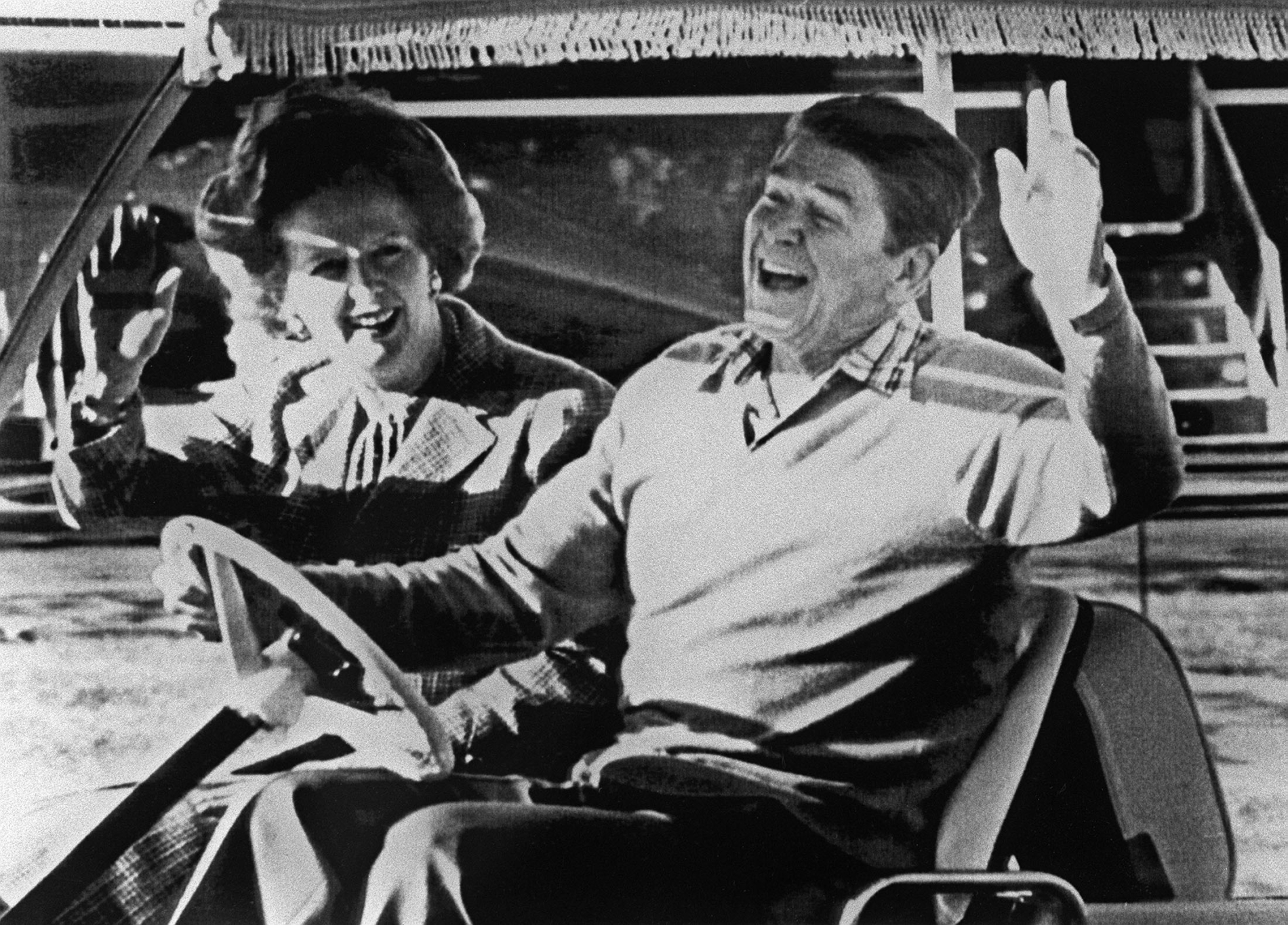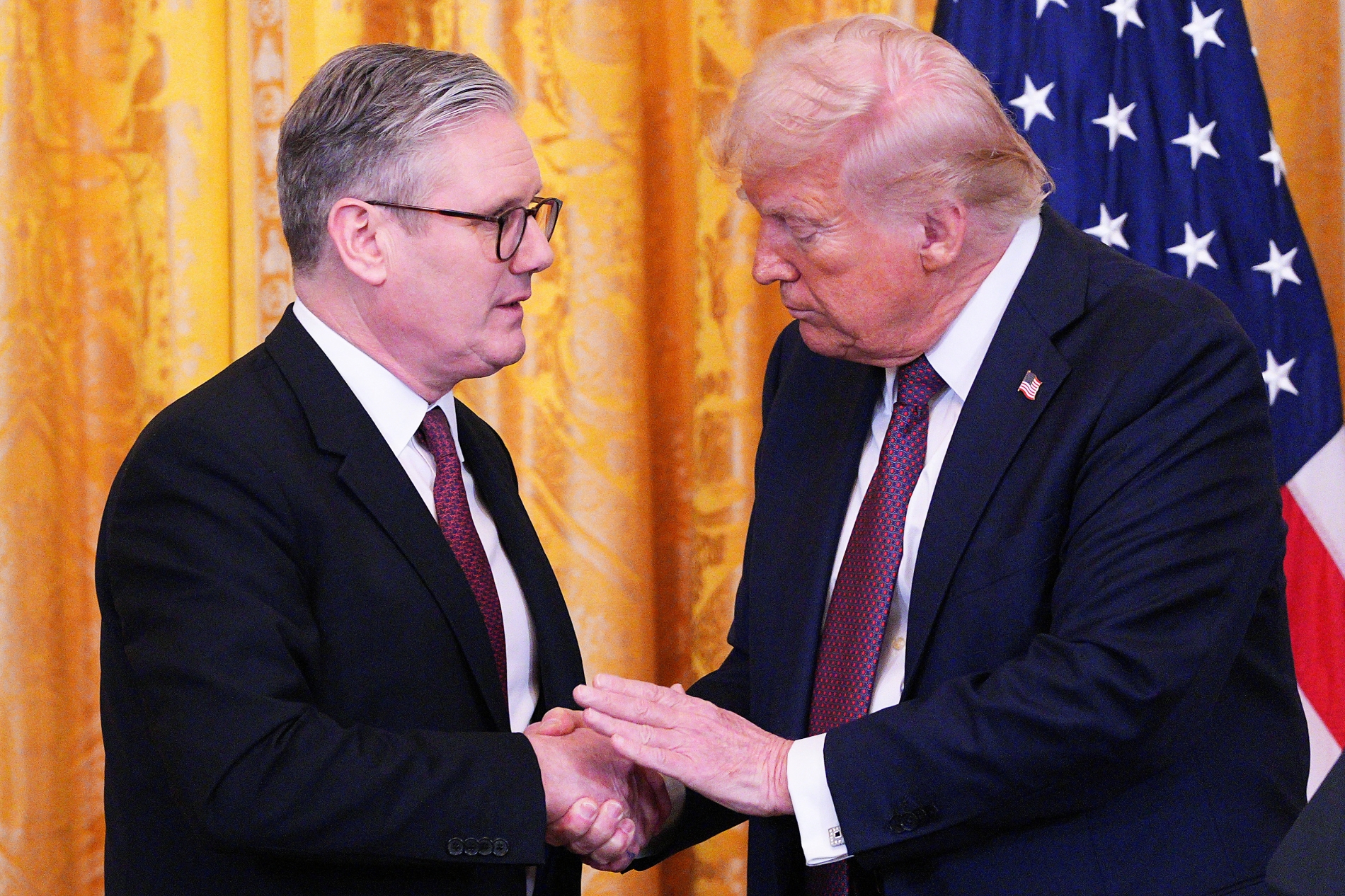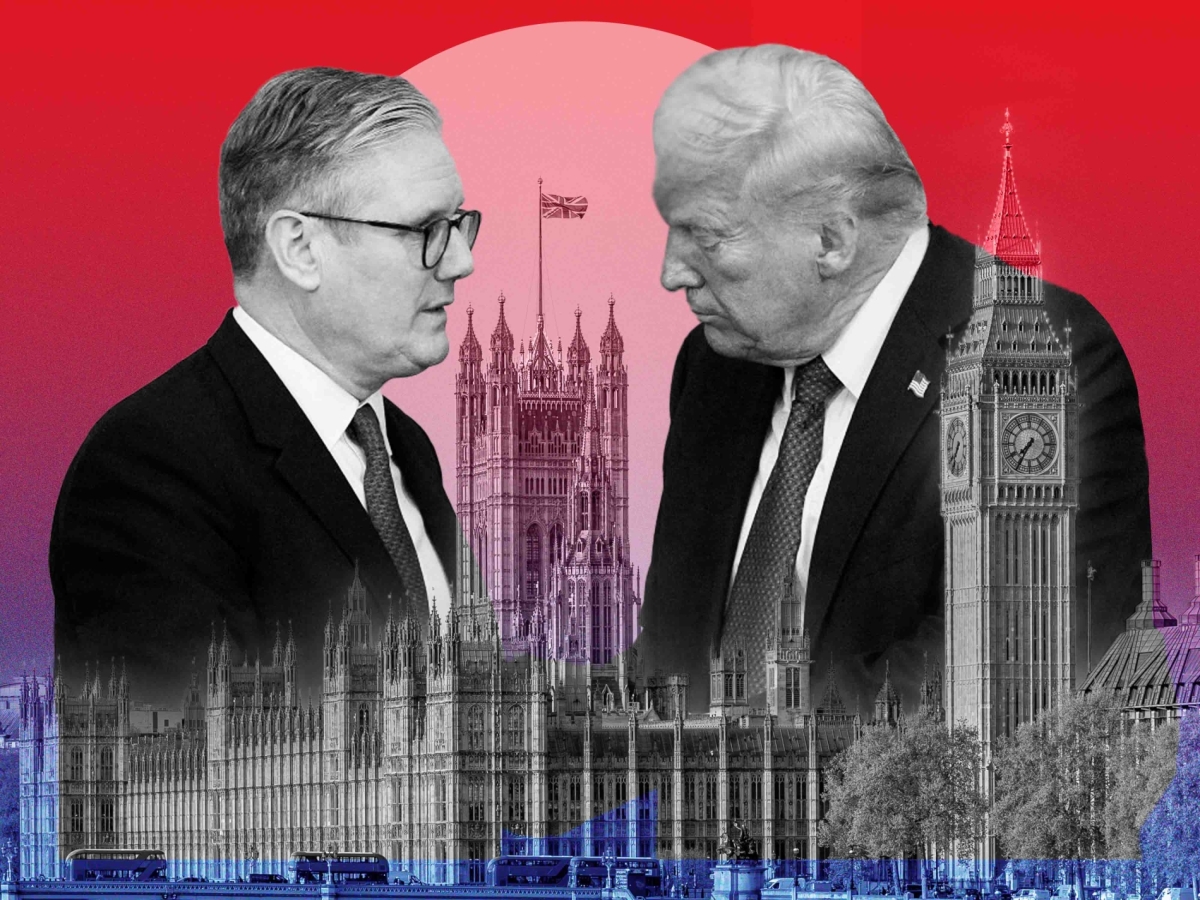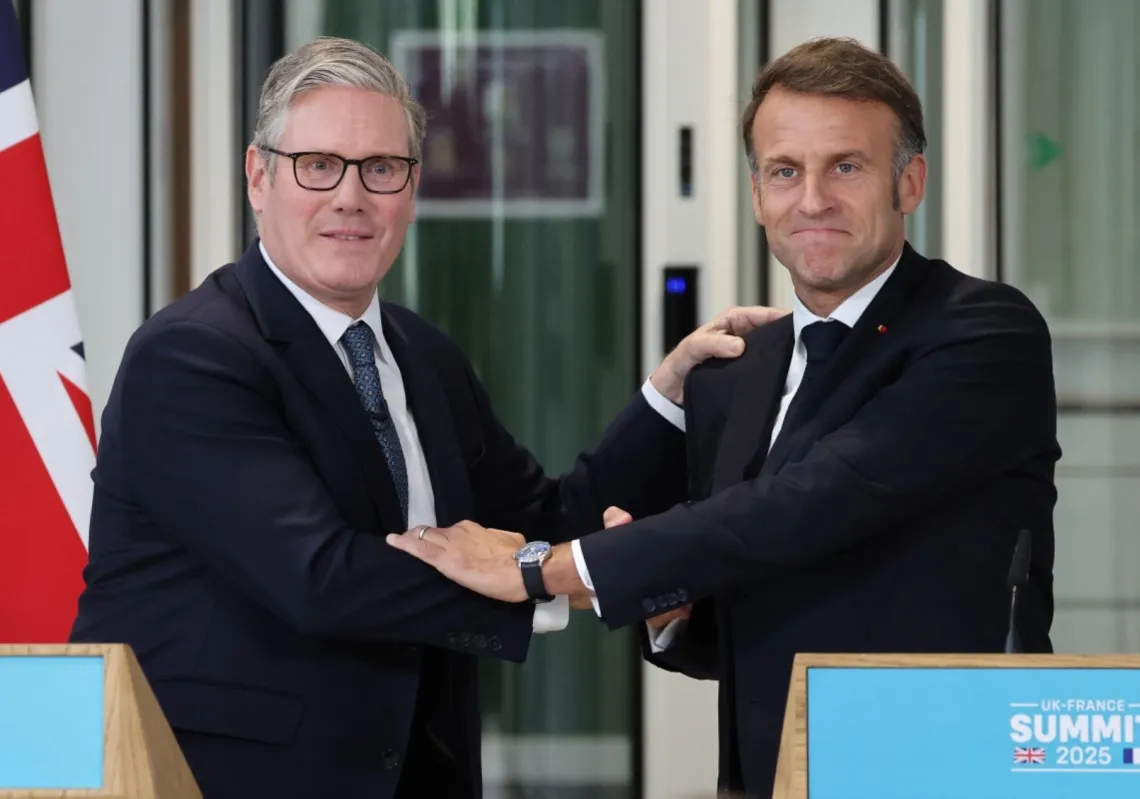Donald Trump’s visit to the UK on 17-19 September comes at a delicate time for Prime Minister Keir Starmer. Trailing nearly ten points behind Reform UK in the polls, Starmer’s approval ratings have nosedived in his first year in office, made worse by a series of recent scandals that have seen both his deputy premier and his US ambassador forced to resign. The US president’s state visit, which will see him visit King Charles amid a sea of pageantry, could add to this, given Trump’s deep unpopularity among the UK public.
However, Starmer’s relationship with Trump—which is surprisingly strong despite their ideological differences—is widely seen as one of the Labour leader’s few successes in office so far. Despite Trump’s often hostile engagement with America's other traditional allies, Starmer has trodden a careful path to keep the US president on side. But is this sustainable? Faced with a challenging international and domestic environment, can Starmer maintain the ‘special relationship’?
WWII origins
‘The Special Relationship’ between London and Washington has always meant more to the former. Since the Second World War, when Winston Churchill first emphasised the phrase, UK governments have stressed how important transatlantic ties are and how the bond between the two states is unique. In reality, Britain is but one of several ‘special relationships’ the US has historically had (another being Israel), and its importance has ebbed and flowed.

Certain leaders, such as Ronald Reagan and Margaret Thatcher, or George W. Bush and Tony Blair, were particularly close, but many were not. Indeed, though there continues to be considerable horizontal cooperation with US institutions—most notably in defence and intelligence—the relationship hasn’t seemed particularly ‘special’ since Blair’s resignation nearly two decades ago.
This drift was exacerbated when the US started shifting its attention to the Pacific, making the UK less important strategically. But also, Brexit diminished London’s clout among Washington’s European allies. And while the UK has sought to mitigate these disadvantages—for example, by taking a leading role in the Ukraine war and by committing to a military presence in the Pacific via the AUKUS partnership—Trump's return to office has meant Starmer has had to put in a lot more effort to keep him invested in the relationship, given the US president's general disdain for allies that he perceives are getting the better end of the stick.
Starmer, the charmer
Yet unlike many world leaders, Starmer appears to have found, what CNBC’s Holly Ellyatt calls, “a magic formula when it comes to winning over Trump.” During their first official meeting in the White House in February, the UK premier played on Trump’s love of the British monarchy by delivering a letter from King Charles inviting him to the upcoming second state visit—an unprecedented move given most leaders are only ever afforded one.

Building on this, Starmer—who is not known for his bonhomie—has forged a close personal rapport with Trump. At the G7 in Canada in June, the two leaders appeared very close. Trump said, “I get along with him well. I like him a lot,” and later, “the relationship that we have is fantastic.” He even described Starmer as a friend, stating “we’ve become friends in a short period of time,” and joked about their stark ideological differences, stating that “he’s slightly more liberal than I am.”
Starmer has, admittedly, been helped by Trump’s instinctive Anglophilia. JD Vance remarked that “the president really loves the United Kingdom,” and Trump has long made much of his Scottish heritage. He also has long-standing business interests in the UK, meaning he’s familiar with the country and its culture.
But Starmer has also been politically shrewd. In line with Trump’s demands of NATO allies, Starmer has committed to increasing UK defence spending to 2.5% of GDP and aims to increase it to 3% in the future. Similarly, he refrained from criticising the White House for imposing tariffs in April, unlike some European states. This appears to have paid off. The UK was the first country to sign a trade deal with Trump in May, ensuring Britain had lower tariff rates on cars and steel and exports than other European allies.
The close relationship may also have contributed to Starmer’s persuading the president—along with other European and NATO allies—to commit to Ukrainian security guarantees in August, days after the president had seemingly declined to do so in a meeting with Vladimir Putin in Alaska.















